Can Samsung’s Galaxy Home help Bixby catch up to Siri, Alexa and Google Assistant?
Samsung’s voice-activated AI assistant Bixby took center stage at the Korean giant’s Unpacked event on Thursday morning, playing a featured role in all three of the new products Samsung announced (the Galaxy Note 9, the Galaxy Watch and the Galaxy Home smart speaker).
That came as no surprise — AI voice helpers like Siri, Alexa and the Google Assistant are generating headlines and moving markets, and Samsung wants in on the action.
The question is, can Bixby catch up? Samsung is going to give it its best shot, and the latest salvo is the strange-looking Galaxy Home speaker.
‘We are a device company,’ Samsung Consumer Electronics CEO Kim Hyun-suk said in May. ‘The rules of the game are different. It’s not right to see it as a matter of being early or late.’
Samsung’s plan? Incorporate Bixby into every device it sells by 2020. That’s half a billion devices per year, according to the Wall Street Journal — everything from phones, TVs and smart speakers to refrigerators and robot vacuums. The Bixby rollout is already well underway across some of those categories.
That’s a potential advantage over Apple, Google and Amazon, none of which boast the diversity of devices sold by Samsung. Despite selling countless iPhones, Apple’s Siri-centric HomePod smart speaker hasn’t been a hot seller, capturing just 6 percent of the US smart speaker market thus far. Remember that number a year from now — it’s a good early benchmark for Samsung to try and beat with the Galaxy Home.
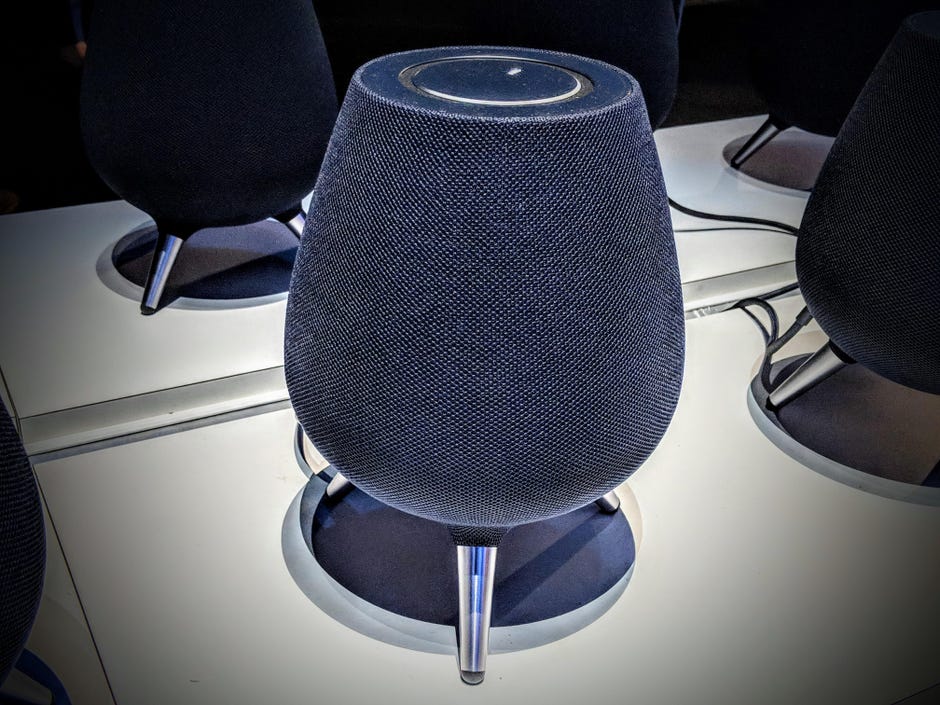
Amazon’s Alexa might feel a squeeze, too, as the Galaxy Home’s focus on sound quality could make it an appealing alternative to the speakers in the Echo lineup, none of which offer the sort of high-fidelity tones that audiophiles seek. And don’t forget Bixby’s mobile-centric beginnings — we’ve already seen Google Assistant score some extra appeal that Alexa can’t match by working well as a deep-diving, native phone assistant.
‘It’s not a voice assistant,’ Quam Erogbogbo, senior director and head of services for Samsung’s services and business division, said during the summer of 2017, trying to draw a distinction between Bixby and its top competitors. ‘It’s an intelligent interface that will change the way you interact with the phone.’
Specifically, Samsung pitched Bixby as a voice-based alternative to tapping on a screen. Instead of searching online like Siri, Alexa and Google Assistant often do, Bixby’s aim was to search within your phone to help you toggle settings, pull up photos from a specific time or place, or even execute custom voice shortcuts for specific tasks that would have otherwise required multiple taps. As a means of paying less attention to your phone, that all sounded well and good to me.
My question now: How well will that approach translate to other kinds of devices? For instance, the Bixby controls on the Family Hub smart refrigerator are in desperate need of improvement. Ask it to pull up a pizza recipe and it’ll show you a simple web search instead of pulling up the refrigerator’s own native recipe app. As a fridge-based kitchen assistant, it seems like a temp hire at best.
The same goes for Bixby on Samsung’s smart TVs. In our tests it did fine with the weather, but misheard commands like ‘turn off game mode,’ and when asked to ‘switch to HDMI 1’ it offered to search for that term instead of executing the command. Even when it heard commands correctly, the results from Bixby were often disappointing. Saying, ‘Show me dramas on Netflix’ just presented a couple of places to search (‘on TV’ or ‘the web’).
Time will tell if Samsung’s new flagship Bixby devices and improved Bixby software can truly make the assistant more conversational, more personal and more useful, as was promised today. But with such a breadth of devices, the opportunity for Samsung to get Bixby into people’s homes is certainly there. Amazon, Google and Apple still have a commanding lead as far as voice is concerned, but I wouldn’t blame any of them for glancing over their shoulder today.
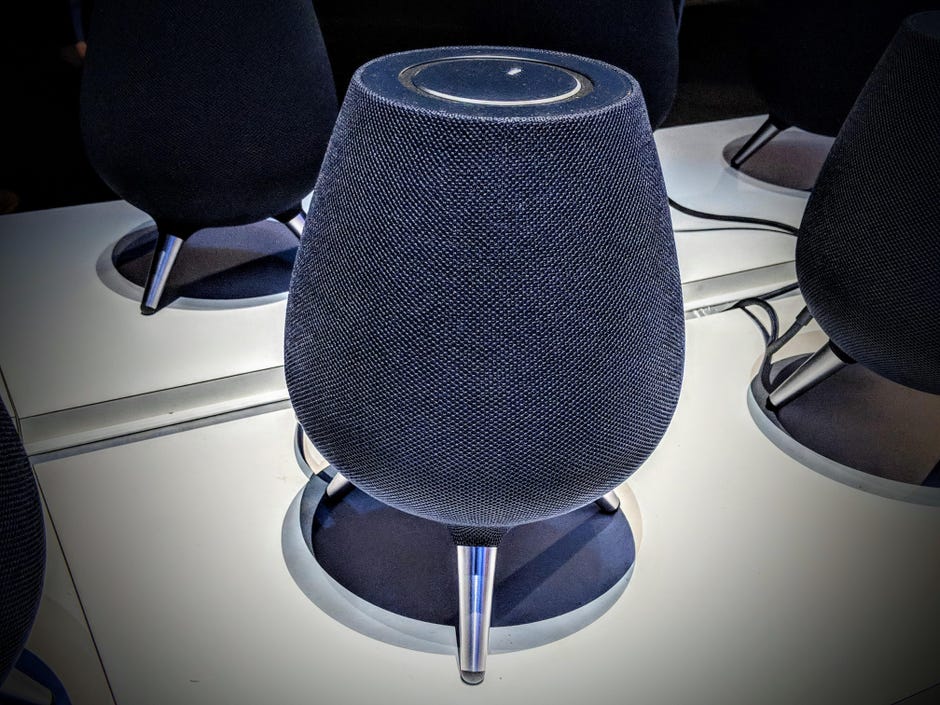
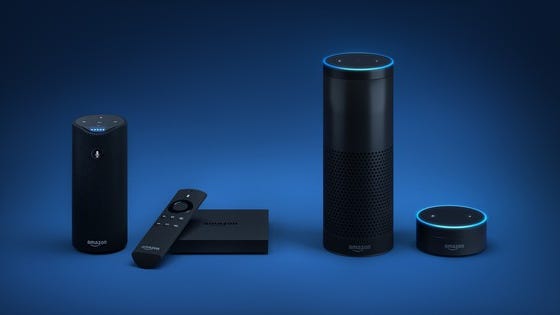
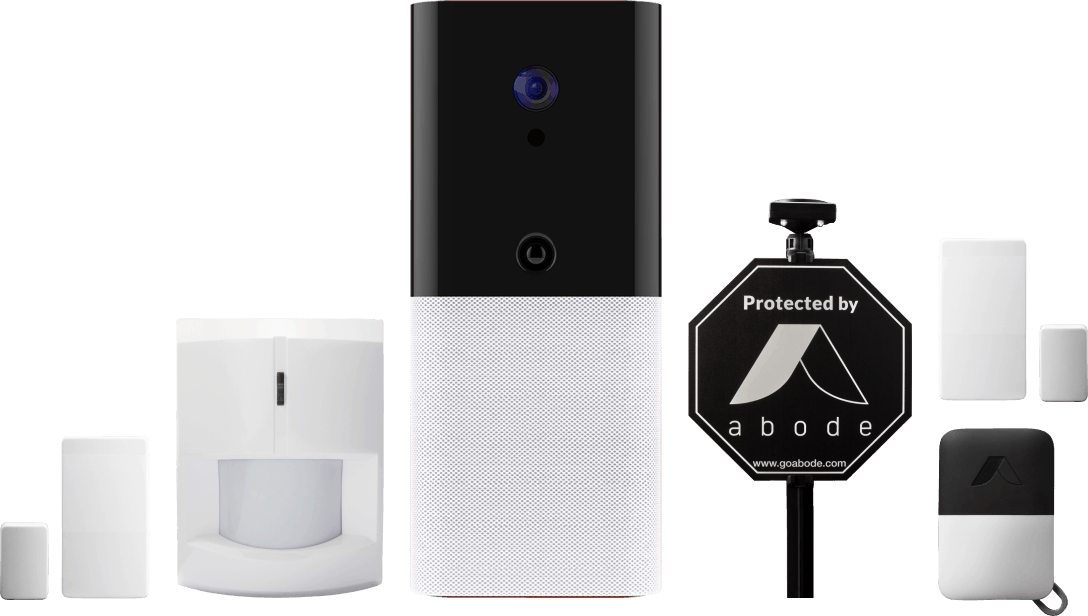
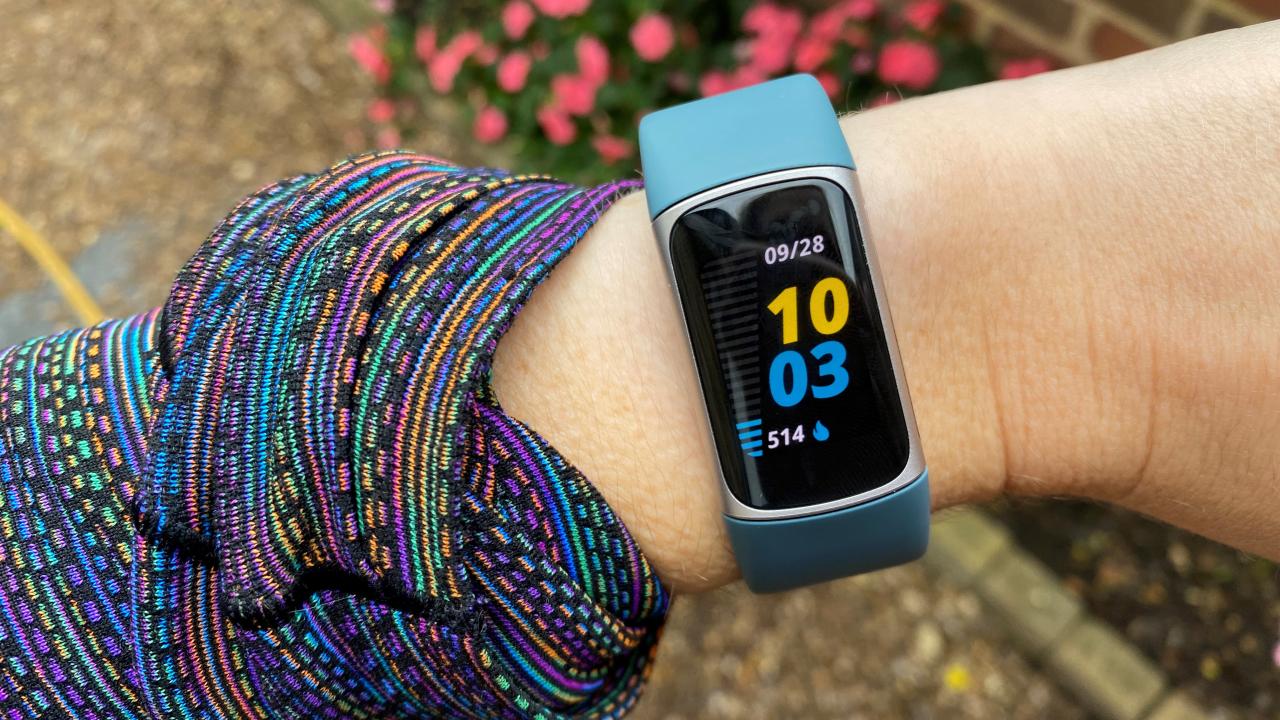
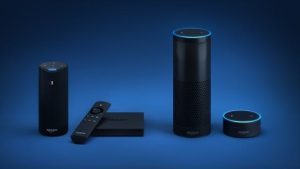
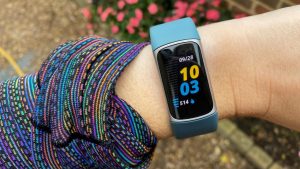
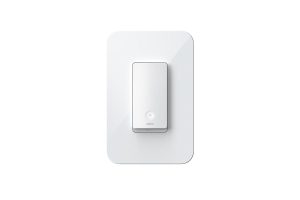
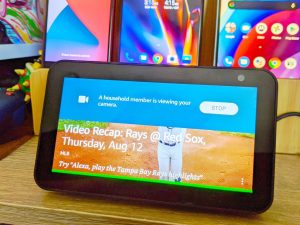
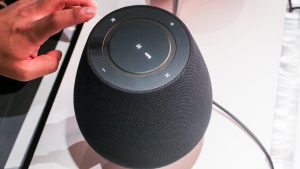
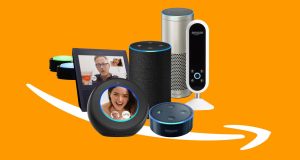

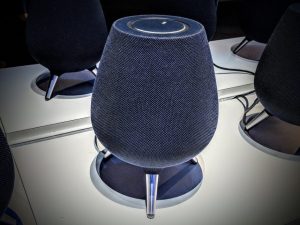
Post Comment